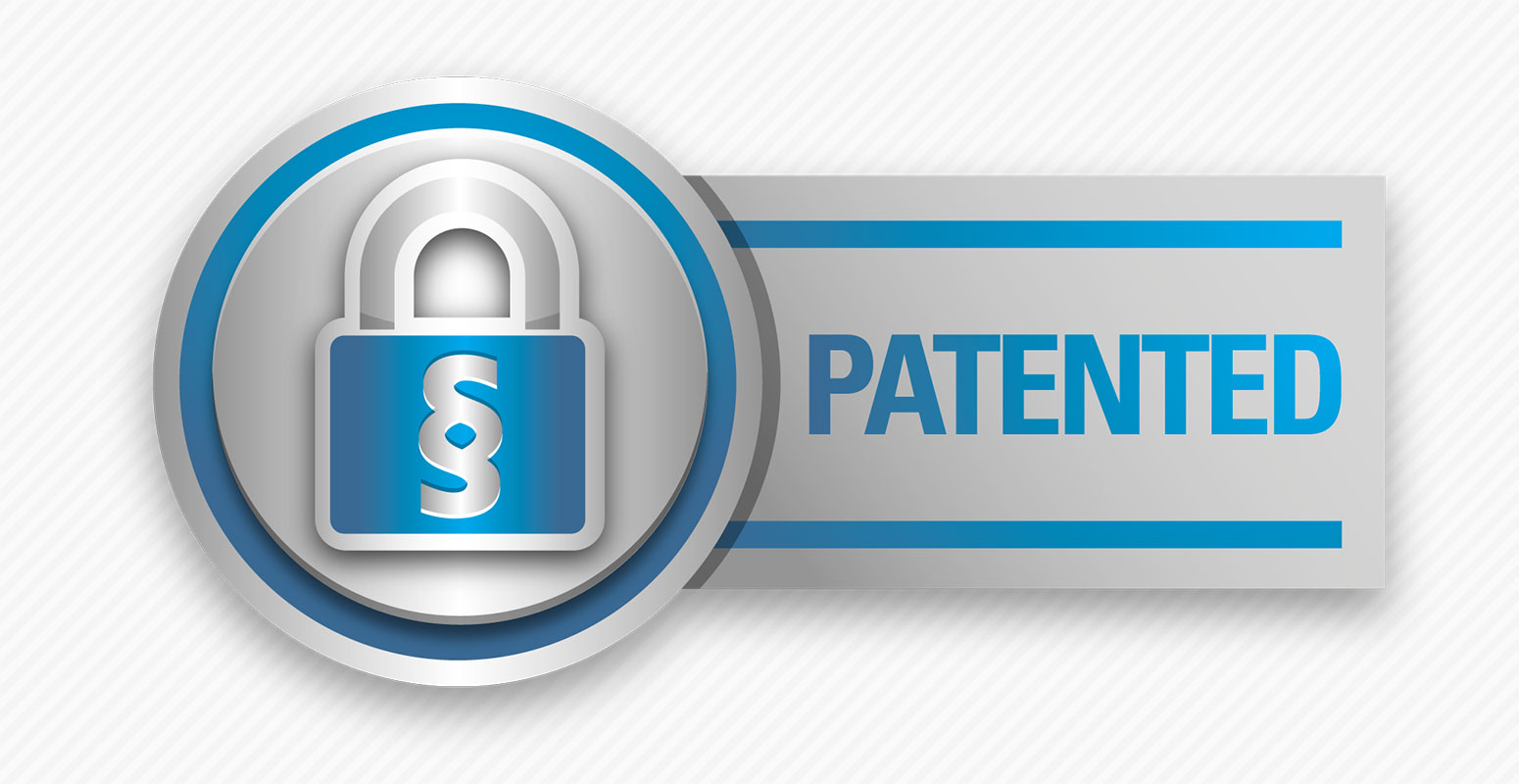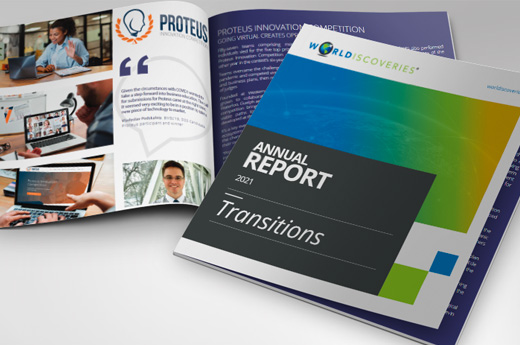A patent is a set of rights granted by a country or state to exclude others from making, using or selling your invention for specified period of time – usually 20 years from the date of filing of the initial application. This monopoly is the quid pro quo to the inventor for sharing a complete description of the invention with the public. The aim of the patent system is to benefit society and foster innovation by providing future inventors with the benefit of your knowledge. The origins of modern patent rights trace their history back to the 14th and 15th centuries in Italy and England, although as far back as 3rd century in ancient Greece, records show that exclusive rights were granted to creators of unique culinary dishes for fixed periods.
To obtain a patent, one must file an application in one or more national patent offices. An Examiner in each office will review the application with three criteria in mind – is it new, is it unobvious and does it have utility (meaning will it provide a solution to a problem as set out in the application)? Once issued or granted – which is never a certainty – the patent will confer rights solely in that country or state. While an application still has value in protecting an invention, it is only once issued as a patent that the rights can be enforced to prevent others from infringing – you cannot legally infringe an application.
Securing a patent can take many years and at a significant financial investment, often several tens of thousands of dollars or more for each country. Each jurisdiction has its own patent system governed by legislation, legal precedents and conventions. As with most legal processes, it’s a complex path to follow with its own language and required expertise – not something to be undertaken lightly. Devising a patenting strategy that compliments your commercial endeavours throughout the world can be a daunting task. The WORLDiscoveries team has extensive experience and expertise in patent matters to ensure that patenting goals are realized.


